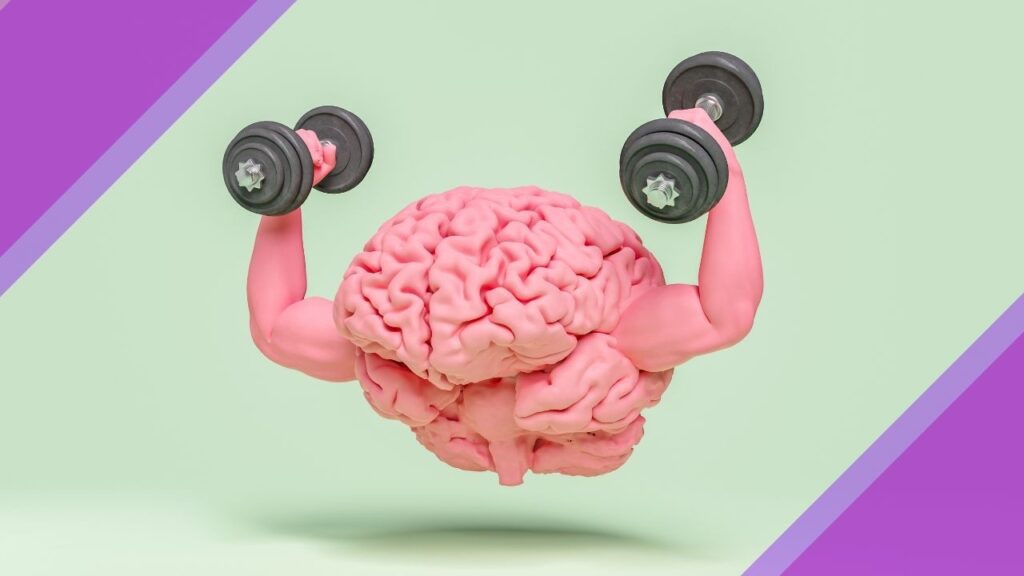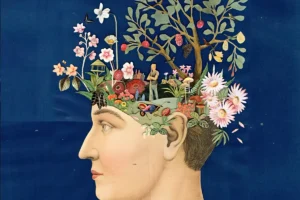
According to the Cleveland Clinic, engaging in regular physical activity improves cognitive reserve and can prevent or delay memory loss. Activities like dancing, playing musical instruments or learning new sports can all exercise various brain areas at the same time.
Jigsaw puzzles and other forms of brain games such as crosswords and Sudoku can help develop brainpower, while card games like chess or bridge provide entertaining ways to stimulate the mind.
1. Learn a New Skill
Cognitive skills are fundamental in both personal and professional endeavors. They facilitate memory retention, attention span, mental processing speed and logic as well as self-awareness and emotional development.
Brain-training games may be popular, but experts such as Denise Park of the University of Texas at Dallas suggest more engaging ways of strengthening cognitive abilities – taking up a new hobby can be the key. Signing up for modern dance class or piano lessons could improve cognitive health while hand-eye coordination activities like racquet sports or model building may also strengthen it.
Recent research showed that people assigned to learn new skills such as digital photography or quilting showed lower rates of dementia over 10 years than control groups who participated in sham cognitive training or received no training whatsoever.
2. Draw a Map of Your Neighborhood from Memory
Making a map from memory requires more than simply memorizing facts; it requires creating an emotional attachment to a place, something journalist Paul Salopek describes as topophilia or the love or attachment to place.
Dr. Tan suggests that puzzles and tactile hobbies like model building can enhance many cognitive skills, including visual-spatial working memory and kinesthetic memory (memorizing movement). Word games such as crosswords and Scrabble use verbal memory while Sudoku, word searches and chess can enhance both verbal and spatial reasoning skills. To avoid boredom with brain exercises over time, be sure to mix up the types of activities you engage in so as to keep challenging your mind and not becoming familiar with any one activity too quickly.
3. Play a Game of Chess
Chess has long been considered the “gymnasium of the mind”, offering endless advantages to players of all ages. Research shows how it helps develop concentration, focus and strategic thinking abilities; furthermore it boosts creativity, patience and resilience making it an excellent activity to engage children as well as adults alike.
Chess requires thoughtful preparation and planning before each move, which strengthens visual-spatial memory and pattern recognition skills. Analyzing complex situations and devising plans of attack require fluid intelligence (the ability to adapt quickly to unfamiliar or stressful situations). Furthermore, playing chess may even help prevent Alzheimer’s Disease by stimulating neural networks responsible for memory storage and learning processes; which explains why many education curricula worldwide include it as part of the curriculum.
4. Play Bridge
Playing bridge requires critical thinking, memory and strategic decision-making abilities. Studies have also demonstrated its potential to build neural reserve; research shows that bridge players performed better on cognitive tests than non-players.
Bridge can help protect against age-related memory loss. A study with 50 bridge players and non-players aged 55 to 91 found that bridge playing significantly enhanced working memory, reasoning skills, vocabulary knowledge and reaction times without negatively affecting vocabulary or reaction times.
As you add new activities to your routine, keep in mind that each brain workout targets different parts of the brain. Try pairing mind-boosting activities like jigsaw puzzles with learning a foreign language or engaging in new sports as a great way to keep mentally sharp while engaging your sense of purpose! It will keep your sense of purpose active!
5. Practice Yoga
Studies have demonstrated the numerous cognitive benefits of yoga practice for improving cognitive abilities such as fluid intelligence, focus and executive functioning. Yoga practice increases brain plasticity and promotes neurotransmitters that support optimal cognitive performance.
One study involved randomly assigning sedentary breast and ovarian cancer survivors to either restorative (with less physical exertion and more focus on meditation) or vigorous yoga (more intense physical exercise and less meditation). Fluid intelligence as well as a range of executive functions were more enhanced in those participating in restorative yoga as compared to vigorous yoga groups.
Lumosity, Cognifit and Sharpbrains are excellent online brain games designed to stimulate cognition. Tactile activities like jigsaw puzzles and model building also serve as great cognitive exercises if challenging memory and attention are key objectives of your exercise regimen.



